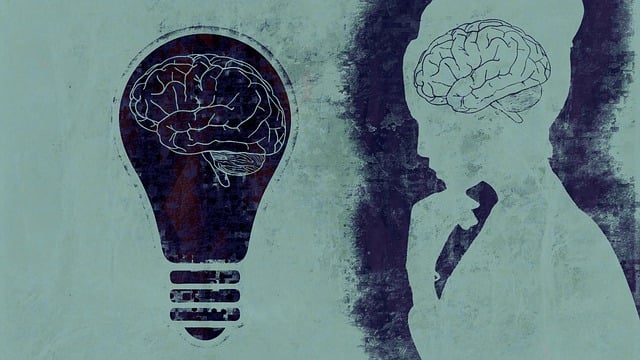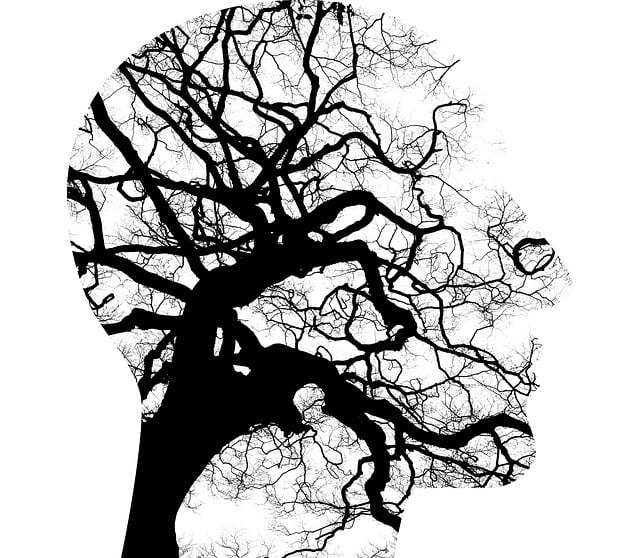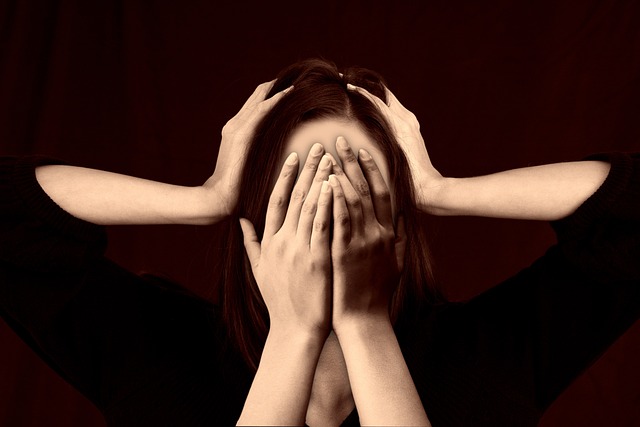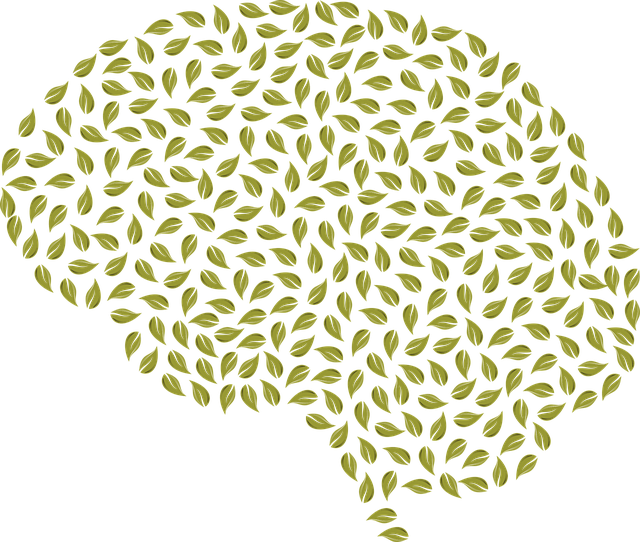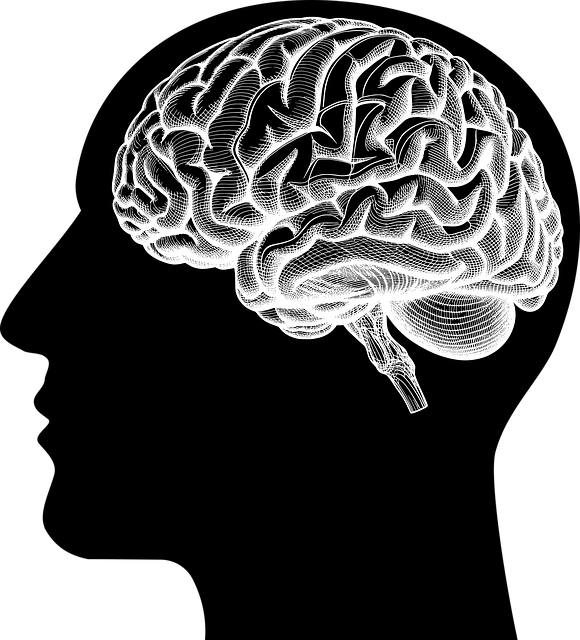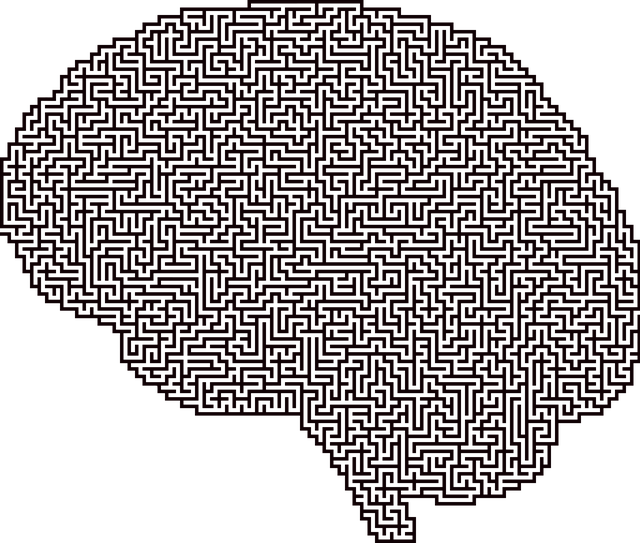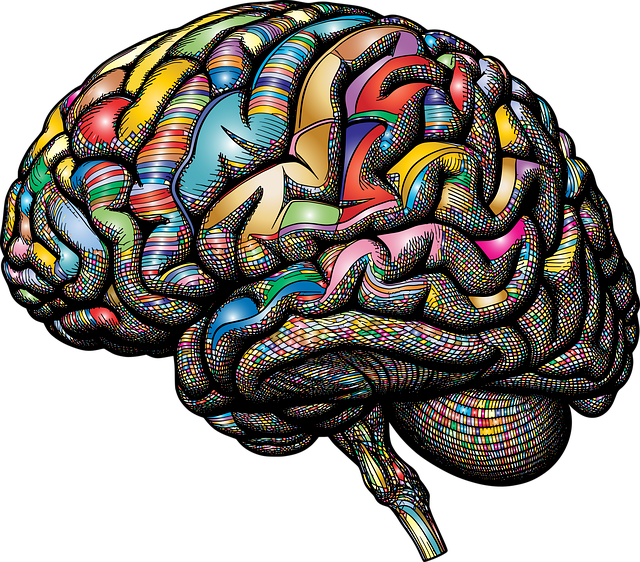Northglenn Hypnosis Therapy advocates for accurate and positive media portrayals of mental health to reduce stigma and increase support. They challenge stereotypes through innovative hypnosis techniques and holistic approaches, promoting diverse mental health experiences. By involving individuals with lived experiences and integrating Emotional Well-being Promotion Techniques in media creation, they aim to foster nuanced understanding and encourage help-seeking behaviors, ultimately revolutionizing societal perceptions of mental wellness.
Mental illness representation in media significantly influences public perception and understanding of various mental health conditions. This article delves into the profound impact of media portrayals, highlighting how they can either perpetuate harmful stereotypes or foster empathy and accurate knowledge. We explore the role of Northglenn Hypnosis Therapy in challenging these stereotypes through innovative therapeutic approaches. Furthermore, practical strategies are presented to promote empathic and authentic media representation, aiming to revolutionize public discourse on mental health.
- Understanding the Impact of Media Portrayal on Mental Health Perception
- The Role of Northglenn Hypnosis Therapy in Challenging Stereotypes
- Strategies for Promoting Accurate and Empathic Media Representation of Mental Illnesses
Understanding the Impact of Media Portrayal on Mental Health Perception

The media plays a significant role in shaping public perceptions about mental health. Positive and accurate representation can reduce stigma and foster understanding, while negative or stereotypical portrayals can perpetuate misconceptions and hinder support for those struggling with mental illness. In Northglenn Hypnosis Therapy, we recognize that media influences our societal attitudes and behaviors, ultimately affecting how individuals with mental health conditions are received and supported.
When media portrays mental illness realistically, it provides an opportunity for viewers to empathize and connect with these stories. This can lead to increased acceptance and a better understanding of the challenges faced by those dealing with anxiety relief, coping skills development, or social skills training. Conversely, negative media representations often emphasize dramatic or exaggerated symptoms, contributing to the stigmatization of mental health issues and disincentivizing individuals from seeking necessary help. Through Northglenn Hypnosis Therapy, we strive to promote a more nuanced understanding of mental illness in the media, encouraging positive change in public perception.
The Role of Northglenn Hypnosis Therapy in Challenging Stereotypes

Northglenn Hypnosis Therapy plays a pivotal role in challenging and reshaping stereotypes surrounding mental illness, particularly through its innovative approach to mental wellness coaching programs development. By utilizing hypnosis techniques, therapists help individuals explore their minds, gain insights into their thoughts and behaviors, and ultimately foster self-awareness—a cornerstone of mental health awareness. This process not only aids in managing symptoms but also promotes a healthier relationship with one’s mental state.
In the context of media representation, Northglenn Hypnosis Therapy contributes to more accurate portrayals of mental illness by offering alternative therapeutic solutions beyond conventional methods. Their expertise guides clients through journaling exercises that encourage reflection and emotional expression, further enriching mental wellness coaching programs. This holistic approach ensures that individuals with diverse mental health experiences are represented authentically, breaking down stereotypes one positive step at a time.
Strategies for Promoting Accurate and Empathic Media Representation of Mental Illnesses

Media representation plays a pivotal role in shaping societal perceptions about mental illness. To challenge stigmatization and promote understanding, media outlets must adopt strategies that foster accurate and empathetic portrayals. One effective approach is to involve individuals with lived experiences of mental health challenges as consultants or story advisors. Their insights can ensure storylines are authentic, avoid clichés, and reflect the diverse spectrum of mental illnesses. Additionally, showcasing characters navigating recovery and emphasizing their strengths and resilience can contribute to a more nuanced understanding.
Northglenn Hypnosis Therapy advocates for the integration of Emotional Well-being Promotion Techniques into media creation processes. Encouraging realistic depictions of treatment options, such as therapy and support groups, can reduce barriers to seeking help. Moreover, featuring characters who embrace self-care practices, like mindfulness or creative outlets, sends a powerful message of hope and coping strategies. These representations can inspire viewers and foster conversations about mental wellness, potentially leading to increased access to Mental Wellness Coaching Programs Development for those in need.
In addressing the challenge of mental illness representation in media, it’s clear that Northglenn Hypnosis Therapy plays a crucial role in countering stereotypes and fostering empathy. By employing strategies that promote accurate and nuanced portrayals, we can significantly impact public perception and reduce stigma. Through conscious efforts and continued dialogue, we have the power to create a more understanding and supportive society for individuals navigating mental health challenges.

